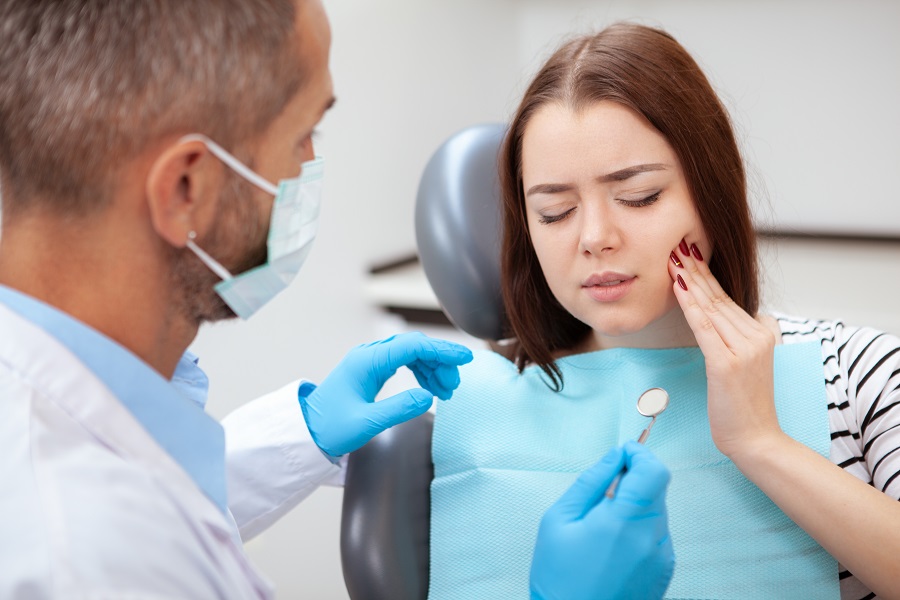Why Iron is Important for Your Oral Health
Posted by PRIMARY DENTAL CLINIC on May 7 2023, 07:07 PM
Iron is an essential mineral that helps your body with oxygen transportation. It is also an important mineral for bone and teeth health. Iron deficiency causes anemia, which results in poor overall health.
There are two types of iron that are essential to the body’s functioning, heme, and non-heme iron. Heme iron is like protein-based hemoglobin from red blood cells found in meat, seafood, poultry, and fish. Non-heme iron is found in plant foods like spinach, lentils, beans, nuts, seeds, grains, green leafy vegetables, tofu, fortified cereals, and bread products. The body absorbs both types of iron differently. The body absorbs about 5 to 10 percent of heme iron, whereas about 30 percent of the non-heme iron is absorbed into the body. However, compared with non-heme iron, it is harder for the body to absorb heme iron, and if the body can’t absorb enough iron, it could lead to iron deficiency anemia.
Iron helps in the formation of hemoglobin which carries oxygen to every cell in the body. Without proper amounts of iron, the body cannot produce the hemoglobin it needs for this function which could lead to fatigue, weakness, dizziness, headaches, and cold symptoms. Other symptoms of low blood iron include shortness of breath, heart palpitations, cold hands, and feet, brittle nails, hair loss, pale skin, and even restless leg syndrome.
Why Is Iron Important for Your Oral Health?
Haemoglobin is a protein that contains iron, and the iron in hemoglobin is what gives your blood its red color. It’s what helps transport oxygen to all of your tissues, including your mouth. Without enough iron in your diet, your hemoglobin levels will drop, causing things like anemia or fatigue. Anemia can also affect the health of your gums. Iron deficiency can also cause mouth sores.
A lack of iron in your system can also lead to a weakened immune system, which puts you at risk for a variety of illnesses like the common cold. Insufficient levels of iron can lead to frequent infections in the mouth as well. And the inflammation that results from these can adversely affect the health of the gums and lead to gum disease.
How Does Your Body Absorb Iron?
Your teeth, tongue, and cheeks all contain cells called heme groups. These cells are similar to the hemoglobin found within your red blood cells, which are responsible for transporting oxygen throughout your body. The heme groups on your tongue include myoglobin, a protein that assists with storing and delivering oxygen to your muscles. Myoglobin is responsible for the red color of raw meats. You can also find heme-containing ferritin around your mouth; this is an iron-binding protein that helps regulate iron levels in your body. If your body has a low iron level, it will absorb more iron from the plaque on your teeth and gums through a process known as chelation.
As your saliva breaks down the plaque, it also collects any free-floating iron particles. This is then absorbed by your salivary glands and sent back to your blood steam. Since your teeth are constantly covered in plaque, there is an endless supply of free-floating iron particles in your mouth that can enter your bloodstream.
When you think about all the sources of iron in your diet, it’s easy to see why it’s important to eat foods rich in this mineral. From meat, beans, and seafood to fortified grains and cereals, there are many healthy ways to up your iron intake.
Make an appointment with us today at (432) 570-7080 or email us at primarydentalclinic@gmail.com for further questions. Get in touch with our office at 4519 N Garfield St., Suite 16A, Midland, TX 79705.


